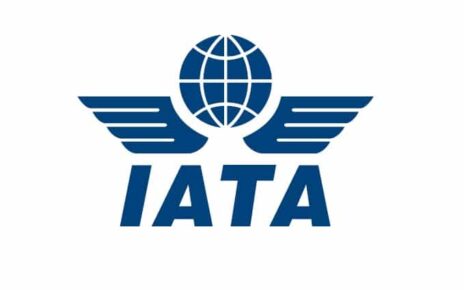A global survey by the Booking com revealed that 90% of those who booked products and services for June, July and August did so relying on “flexible fares”. What started as a temporary response to uncertainty has now become one of the pillars for the new normal in the tourism industry.
In March 2020, at the beginning of the pandemic, the industry realized it could not continue the way it did. Tourism was completely paralyzed and cancellations became second nature for businesses: it was a truly unprecedented event in the industry.
It did not take long for everyone to realize that a solution couldn’t be individual, and that, if there was a possibility of recovery, it would require a joint effort. The result was that the uncertainty became part of the new normal in travel and tourism.
The reality hit even harder when the measures and travel restrictions began to change week after week, then day after day, and sometimes even every minute. That’s when everyone agreed that trips would have to be flexible, or traveling wouldn’t be possible at all. The thousands and thousands of passengers stranded around the world, and millions and millions of trips rescheduled were a learning experience for businesses, and even more so for passengers.
What started as a trend is now part of the normal. Virtually, no passenger currently books a trip without fare flexibility, that is, the possibility to make changes on dates and time of the flight without additional costs in the event that either party cannot fulfill the contract.
A global survey (among 28,000 people from 28 countries with plans to travel during the next 12 months) revealed that 90% of passengers who made reservations for June, July and August did so relying on flexible fares.
The results said that consumer preference for this flexibility “is remarkable”, taking into account that “booking windows continue to vary throughout the world, but in Western Europe, for example, the companies are seeing a longer booking window compared to 2019, in part due to European summer trends.”
Tourists all over the world want to travel, and there are even talks of a ‘revenge travel’ phenomenon: an explosion of trips after so much time under quarantine. Even so, this would require certain guarantees, and flexibility seems to be an effective strategy for that. Of course, the offer must also take into account prices and availability, and make the most of technology.
Ultimately, it’s all for the recovery of an industry that, according to the results, begins to see a “light at the end of the tunnel”- While it’s admitted that the recovery is slow, it also maintains that more than a third of searches are for June, July and August, and the figures are about the same recorded in 2019.
The survey also shows that 71% of accommodation providers are cautious about the future of the business, while 62% expect to see an increase in traveling in 2021, a low figure considering how rough 2020 was for the industry. The same can be said of demand, in which 66% feel optimistic about the possibility of traveling.
In the end, there is a basis for that optimism. In addition to the mass vaccination campaigns across the world and the main inbound-outbound markets that are starting to reopen, the stays are becoming longer and longer: 45% of those surveyed shared that they have accrued vacation days since last year, which could be driving reservations for 7 days or more.





